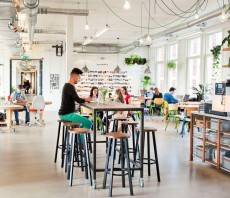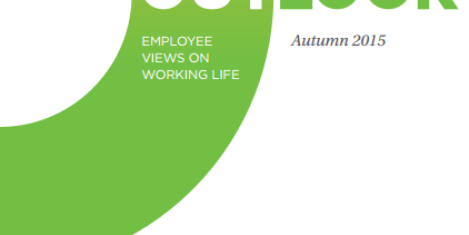November 2, 2015
The October 2015 issue of Work&Place is now available to view online 0
 The new issue of Work&Place is now available. As ever it has informed and challenging contributions from some of the world’s greatest workplace thinkers. Antony Slumbers challenges the idea that an uncertain workplace is something of which we should be afraid; Giuseppe Boscherini considers how we choose where to go to have our best ideas; Beatriz Arantes takes a journey into the inner world of neuroscience and considers what it might mean for how we work; John Eary shares research on the link between personality and performance in agile workers; Amanda Sterling considers how workplace transformation is manifesting itself in New Zealand; Kati Barklund explores the relationship between workplace design and HR metrics; Paul Carder discovers the missing links between economic activity and the workplace; Sue Gregson weighs up the implications of an updated green building standard; and I look at how changing demographics are reshaping Government policy worldwide.
The new issue of Work&Place is now available. As ever it has informed and challenging contributions from some of the world’s greatest workplace thinkers. Antony Slumbers challenges the idea that an uncertain workplace is something of which we should be afraid; Giuseppe Boscherini considers how we choose where to go to have our best ideas; Beatriz Arantes takes a journey into the inner world of neuroscience and considers what it might mean for how we work; John Eary shares research on the link between personality and performance in agile workers; Amanda Sterling considers how workplace transformation is manifesting itself in New Zealand; Kati Barklund explores the relationship between workplace design and HR metrics; Paul Carder discovers the missing links between economic activity and the workplace; Sue Gregson weighs up the implications of an updated green building standard; and I look at how changing demographics are reshaping Government policy worldwide.






































